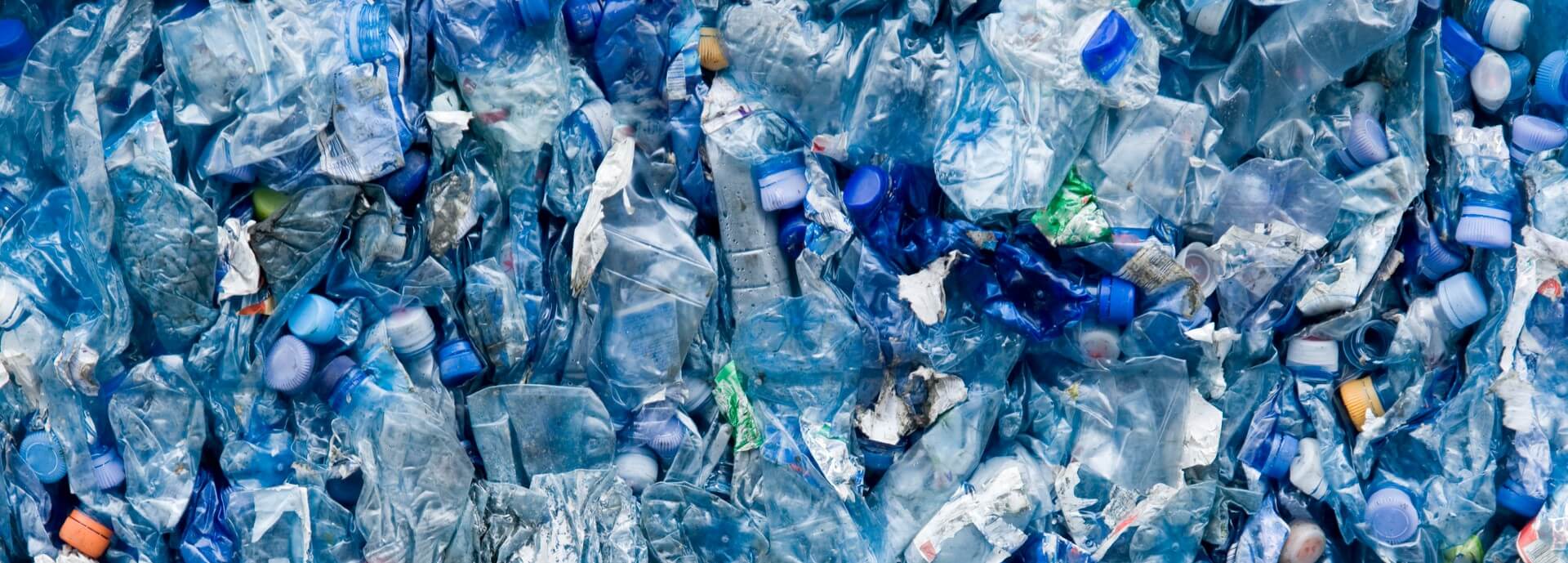A groundbreaking study led by researchers at the University of Stirling has uncovered the crucial roles of bacteria living on plastic debris.
The research also identifies rare and understudied bacteria that could assist in plastic biodegradation, offering new insights for tackling plastic pollution.
Plastic pollution is a worldwide problem, with up to two million tonnes estimated to enter oceans every year, damaging wildlife and ecosystems.
In a pioneering study, experts at the University of Stirling’s Faculty of Natural Sciences and the University of Mons (Belgium) analysed the proteins in plastic samples taken from Gullane Beach in Scotland.
Unlike previous studies carried out in warmer climates that focus on the genetic potential of biofilms inhabiting plastics, this research led by Dr Sabine Matallana-Surget took a unique approach by analysing the proteins expressed by active microorganisms.
Their findings have unveiled a remarkable discovery of enzymes actively engaged in degrading plastic. Moreover, the team has pioneered new methodologies for enhanced predictions in marine microbiology research.
Critical levels
Dr Matallana-Surget said: “Plastic pollution has reached critical levels in the marine environment, with trillions of individual plastic pieces estimated to be distributed throughout the world’s oceans.
“This plastic causes significant ecological and socioeconomic disruption as it accumulates in oceanic gyres, coastal habitats, and is ingested by fish, sea birds, and marine mammals.
“Microorganisms rapidly colonise the surface of plastic pollution when it enters the environment, and their complex ecological interactions can shape the fate of plastic in marine systems.
“Understanding the function and ecology of microorganisms colonising plastic pollution is therefore vital to adequately assess the risks of marine plastic pollution and to pave the way for biodiscovery beyond plastic biodegradation.”
While this study has unveiled exciting new evidence that could determine the eventual degradation of plastics in situ, it underscores the necessity for further research to determine the function of microorganisms colonising marine plastic pollution across larger geographic areas.
Driven by Dr Matallana-Surget's ambition to comprehend and analyse diverse locations, future investigations hold promise in shaping the production of plastics towards greater environmental sustainability.
Critical gap
Dr Matallana-Surget said: “Our study addresses a critical gap in our understanding of the ecological roles of the microorganisms colonising marine plastic pollution.
“Few studies have determined which metabolic pathways are expressed by these microorganisms, especially within colder climates.
“Our approach used state-of-the-art comparative metaproteomics and multi-omics to resolve not only which microorganisms were present on marine plastic pollution, but also which microorganisms were active.
“This is important because some microorganisms colonising plastic pollution are known to degrade hydrocarbons and other pollutants.”
The research titled Novel functional insights into the microbiome inhabiting marine plastic debris: critical considerations to counteract the challenges of thin biofilms using multi-omics and comparative metaproteomics was published in the journal Microbiome.
International partnership
The paper, co-authored by Dr Matallana-Surget, Dr Lauren Messer and Charlotte Lee at Stirling, and Professor Ruddy Wattiez at the University of Mons, is part of an international project researching the sources, impacts, and degradation of microplastics.
Dr Matallana-Surget, Associate Professor in Environmental and Molecular Microbiology, is leading the international project funded by the Natural Environment Research Council (NERC), one of four projects in a £6 million partnership between environment agencies in the UK (NERC) and Singapore (NRF).
Dr Matallana-Surget and the project team investigate how different types of plastic pollution are broken down and how this breakdown affects toxicity and impacts on marine life in coastal environments.
When the grant was awarded, Dr Matallana-Surget said: “Our research will assess the sources and impacts of plastic pollution at both the molecular and organismal level – from microorganisms to bivalves and fish – and we will seek to identify new enzymes involved in the degradation of high molecular weight plastic polymers, such as polystyrene and polypropylene, which represent more than 80 per cent of annual plastic production.
“We will provide new insights into the biological and photochemical degradability of different microplastics which will support new policies and innovations, which could include banning the most harmful polymers, in the global effort to tackle plastic pollution.”

